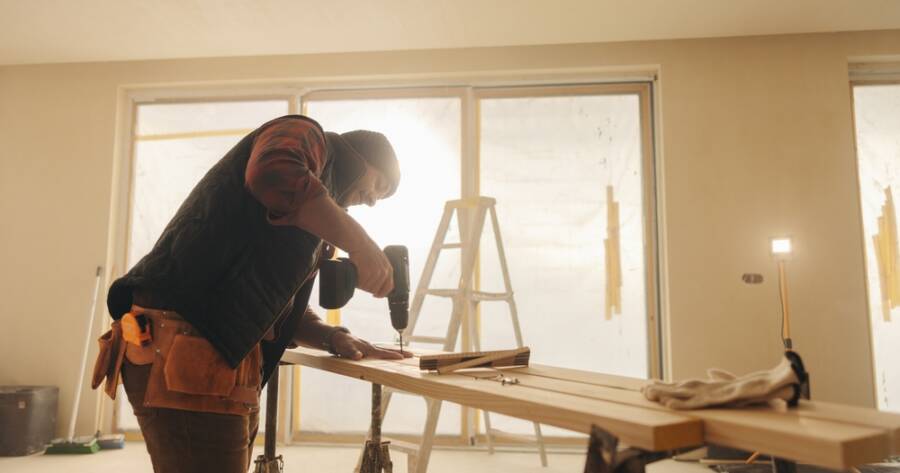The home repair industry is flourishing, driven by increasing demand and substantial revenue growth. Aspiring contractors can benefit from specialized training in trades like carpentry and electrical work while distinguishing between handyman and contractor roles. Emerging opportunities in smart home technology highlight evolving career paths, where strategic business development and licensing compliance are pivotal for long-term success.
The Growing Market for Home Repair Contractors
In recent years, the home repair industry has seen substantial growth, reflecting an increasing demand for skilled professionals in various trades. With 76% of American homeowners partaking in home improvement projects in 2020, this sector generated a staggering $1.1 billion in revenue—a testament to its potential for career stability and financial growth across the United States. As new projects continue to emerge, the future looks bright for contractors specializing in home repairs.
Essential Skills and Training
To thrive in the home repair industry, aspiring contractors should focus on acquiring a diverse set of skills. Expertise in areas such as carpentry, electrical work, HVAC systems, and plumbing can significantly enhance employment prospects.
Specializing by obtaining certifications in specific trades, like becoming an electrician or HVAC contractor, is particularly advantageous for ambitious professionals. Trade schools offer affordable alternatives to traditional college education, providing focused training and apprenticeship opportunities essential for skill enhancement.
Handyman vs. Contractor Roles
Understanding the distinction between a handyman and a general contractor is crucial for both professionals and clients. Handymen are versatile workers who handle small-to-medium projects without formal training, while general contractors are licensed professionals managing larger projects requiring permits and specialized skills and organized crews.
Choosing between the two depends on the project’s complexity, cost, and skill requirements. For instance, tasks like house painting or floor installation might suit a handyman, whereas a contractor is preferred for major renovations.
Emerging Opportunities in Home Repair
The landscape of contractor opportunities is vibrant, extending beyond traditional home repairs to encompass cutting-edge sectors like home automation. This burgeoning market, with a 22% compound annual growth rate expected from 2023 to 2032, offers contractors the chance to specialize in smart home technology installation and repair. Roles in garage door installation and home security systems are expanding, presenting lucrative prospects for those interested in carving a niche within the industry.
Business Development and Licensing
Success in home repair is not solely dependent on technical skills; developing a strong client base is equally essential. Contractors should leverage strategies like creating a professional portfolio, utilizing social media, maintaining a business website, and distributing business cards.
Compliance with local licensing requirements is mandatory, typically involving exams on business practices and local codes to ensure adherence to regional regulations. This diligence in meeting standards fosters trust and reputation, essential elements for long-term success.
Learn More About Contractor Opportunities
The home repair industry offers extensive opportunities for career growth, financial stability, and specialization. Aspiring contractors can capitalize on the sector’s expansion by pursuing targeted training, obtaining relevant certifications, and understanding the nuances of different roles within the field.
Whether through exploring emerging markets like smart home technology or reinforcing essential skills in traditional trades, individuals can build successful careers in this thriving industry. With meticulous planning, commitment to continuous learning, and strategic networking, the pathways to success are abundant and ripe for exploration.

